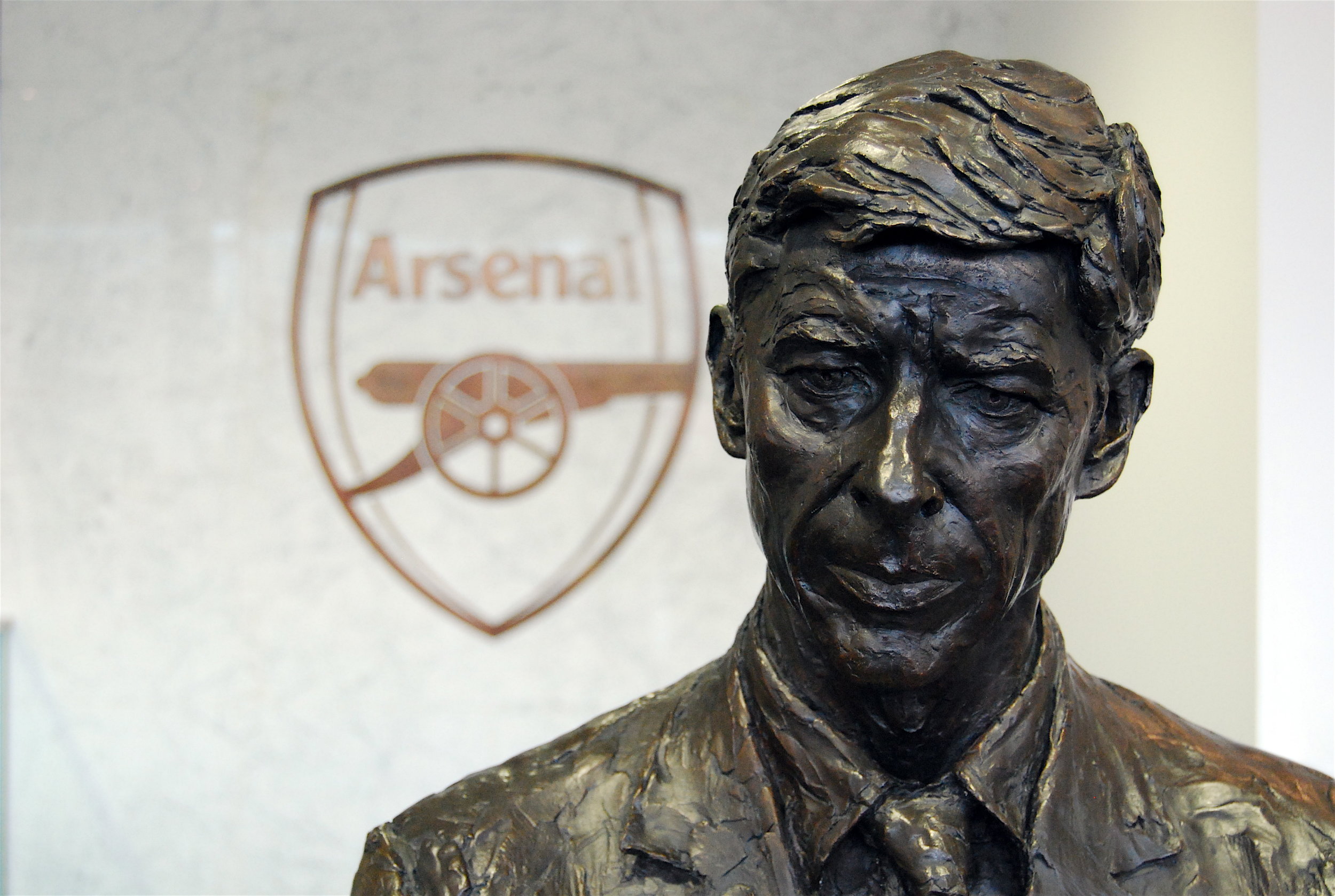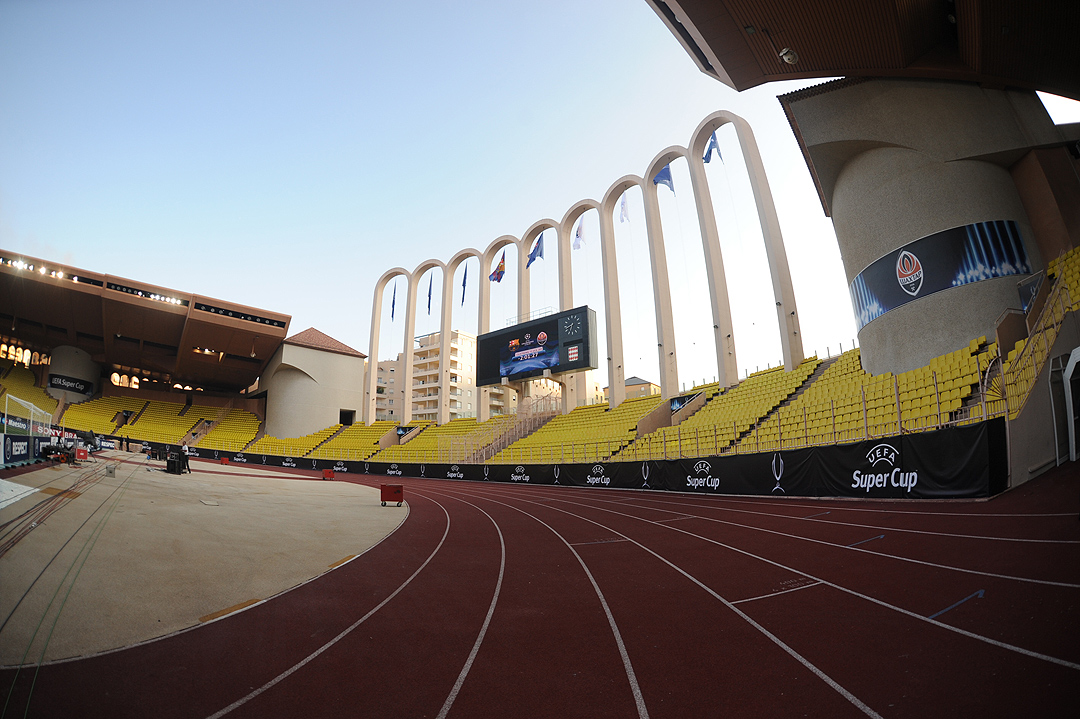Vicious Cycle

This article also featured on Guardian Sport and GFFN.
Monaco aren’t like other clubs. Their rivals PSG, Marseille and Lyon boast raucous home fans, are willing to splurge on marquee signings and all proudly claim to be the biggest and best of Ligue 1’s clubs. Monaco however averaged the lowest home gates in Ligue 1 last season and, since initial investments in James Rodriguez and Radamel Falcao, Les Monegasques have based their success on selling on their best players rather than haughtily parading big name signings. Spearheaded by hardball negotiator-in-chief Vice-President Vadim Vasilyev, Monaco’s unerringly astute transfer policy has long been the basis of their success. This summer, however, they might finally have made mistakes.
Since Russian oligarch Dmitry Rybolovlev acquired the Principality club, floundering in Ligue 2 at the time at the end of 2011, Monaco have worked in cycles. The plan has been to sign a host of younger players, from Ligue 1 and cost effective overseas markets; primarily Portugal (João Moutinho, Ivan Cavaleiro, Helder Costa etc.). Those burgeoning talents are then, supported by a sprinkling of older pros, developed over a handful of seasons until an eye-catching achievement sees their market value explode before they are sold on.
A run to the Champions’ League quarter-finals in 2015 was the culmination of Anthony Martial, Yannick Carrasco and Geoffrey Kondogbia’s generation while the title triumph in 2017 hastened Kylian Mbappé, Benjamin Mendy and Bernardo Silva’s departures. Crucial to this model is maintaining a level of success. Thanks to the masterful Jardim continually managing to balance improving his players and finding a way to win, that goal has always been achieved as routine Champions’ League football keeps Monaco’s squad at the forefront of Europe’s footballing consciousness and aids with funding.
Having stayed to help secure second place last term, a sizeable achievement in itself, the final few sellable title winners were finally allowed to go, leaving Vasilyev with a new team to build. That process has, compared to previous occasions, been close to disastrous in execution and oddly misguided in focus. Now Monaco await Atletico Madrid’s visit on Tuesday with just 5 points from 5 league games and a horribly inexperienced, raw and naive side. A necessarily competitive European campaign and a return to Europe’s premier competition via Ligue 1 are both seemingly unlikely.
Monaco’s recruitment policy has shifted, in general terms, from targeting players on the cusp of realising their potential and rapidly developing senior careers to simply signing promising youngsters. While Aleksandr Golovin (22), yet to make his debut due to injury, fits that mould, as does Samuel Grandsir, the only genuinely exciting Ligue 1 addition from relegated Troyes, high-profile teenagers Pietro Pellegri (17), Sofiane Diop (18), both prominent in the first team, and Willem Geubbels (17), currently injured, do not. The three forwards had just 9 senior outings between them at the start of the campaign. Although their talent is obvious, they remain longer term investments who fall short of being ready for the responsibility that Thomas Lemar or Fabinho assumed upon their arrivals.
Across previous generations, balance has been crucial to maintaining Monaco’s momentum. As the previous cycle began the experience of João Moutinho, Kamil Glik and Radamel Falcao complimented developing talents of Thomas Lemar, Fabinho and Mendy, all of whom had considerable top flight experience. Youth has become the focus of Monaco’s recruitment policy, 11 of the 18 selected for Saturday’s draw at Toulouse were 23 or under while the calming influence of João Moutinho has yet to be adequately replaced.
Individual issues have also been handled poorly while a range additions, simple misfortune also partly to blame, have simply not come off. The £30m spent on Keita Baldé now seems misguided, Youri Tielemans, added last summer alongside Baldé, remains little more than promising while Strasbourg’s midfield dynamo Jean-Eudes Aholou (24) looks a little out of his depth.
A previously mutually beneficial connection with super-agent Jorge Mendes saw midfielder ‘Pelé’ signed from Rio Ave reportedly upon the Portuguese deal-maker’s persistent request, with the hope that Mendes would send one of his top players Vasilyev’s way later in the window. That assumption proved incorrect and Jardim is understood to have been so displeased with Pelé that he was open to the player leaving on loan before the summer window closed.
Full-back continues to be an issue. Djibril Sidibé’s fitness concerns have prevented his sale and led to the uncharacteristically costly £18m addition of Benjamin Henrichs from Bayer Leverkusen. Promising full back Almamy Touré was in line to become first choice this summer but following Sidibe’s stay and Henrichs’ arrival, he has so far refused to sign a new deal and will likely leave next summer for free. A deal for Toulouse defender Issa Diop, who eventually joined West Ham, also fell through; an affordable developing player with Ligue 1 smarts characteristic of the policy that previously proved so profitable in all positions.
In previous seasons the intelligent stewardship of Leonardo Jardim has protected management from spending what fans have perceived as too little and found a way to achieve the club’s goals, but Jardim may simply not have the tools at his disposal to repeat the feat. As a result Monaco, having risen to sharply from the foot of Ligue 2 at Christmas 2011 to Ligue 1 winners five and a half years later largely thanks to considered, astute coaching, scouting and administration, are now on the brink of a dramatic fall as a result of the failings of the same hierarchy. With whispers abound that Rybolovlev is considering his continued investment in the club, the Monaco project may have already seen its peak.
by Adam White




